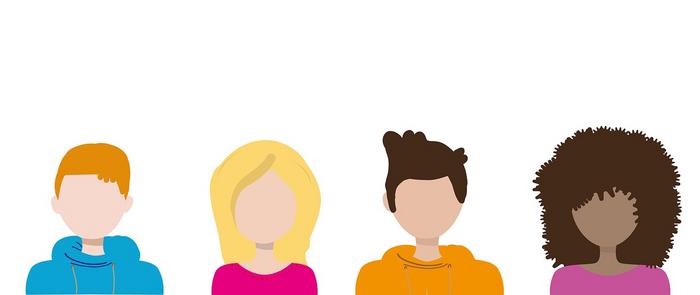Fear may affect women’s decisions in choosing immediate rewards versus larger delayed ones, while men’s decisions appear unaffected by emotion, according to a study published March 20, 2024 in the open-access journal PLOS ONE by Eleonora Fiorenzato, Patrizia Bisiacchi, and Giorgia Cona from the University of Padua, Italy.

Credit: Alexandra_Koch, Pixabay, CC0 (https://creativecommons.org/publicdomain/zero/1.0/)
Fear may affect women’s decisions in choosing immediate rewards versus larger delayed ones, while men’s decisions appear unaffected by emotion, according to a study published March 20, 2024 in the open-access journal PLOS ONE by Eleonora Fiorenzato, Patrizia Bisiacchi, and Giorgia Cona from the University of Padua, Italy.
Decision making is complex and still not fully understood, especially when weighing short- versus long-term benefits or costs. The known phenomenon “delay discounting” describes the common tendency to prefer an immediate reward rather than a later one, even if the later reward is significantly greater. In this study, Fiorenzato and colleagues examined how emotions like fear and joy, along with gender, affect decision making, especially when weighing immediate versus later rewards.
The authors recruited 308 participants (63 percent women, 37 percent men) via a social media survey. Survey participants were shown a brief standardized and validated movie clip intended to induce an emotional state—for the fear group, this was a scary movie, like The Sixth Sense or Silence of the Lambs; for the joy group, this was a positive documentary clip with subjects like forests or waterfalls; the neutral affect group watched a documentary clip on urban environments. Then, the subjects were asked hypothetical reward questions such as: “Would you rather have €20,000 today or €40,000 after 3 years?”
Women in the fear group were significantly more likely to use “delay discounting” when choosing financial rewards (selecting the immediate, smaller amount) compared to men in the fear group or women in the joy or neutral movie groups. There were no significant gender differences for decisions made across the joy or neutral movie groups, and men’s decision-making on monetary rewards appeared to be unaffected by their emotional state. The findings suggest that fear specifically might provoke different types of time-bound decision making for women versus men—the authors speculate these may be due to either differences in evolutionary strategies around safety versus risk, or different emotion-regulation approaches in stressful situations.
The authors note that the sample size and range of emotions studied here is relatively small compared to the real world. However, the suggestion that emotions (particularly negative ones such as fear) and gender do interact with regard to intertemporal choices warrants further investigation.
The authors add: “Women are more prone to choose immediate rewards when in a fearful emotional state than when in joyful one. Our research underscores the importance of gender as an influential factor in the interaction between emotions and decision-making processes.”
#####
In your coverage please use this URL to provide access to the freely available article in PLOS ONE: https://journals.plos.org/plosone/article?id=10.1371/journal.pone.0299591
Citation: Fiorenzato E, Bisiacchi P, Cona G (2024) Gender differences in the effects of emotion induction on intertemporal decision-making. PLoS ONE 19(3): e0299591. https://doi.org/10.1371/journal.pone.0299591
Author Countries: Italy
Funding: This work was supported by Grant ‘Giovani Ricercatori – Ricerca Finalizzata 2018’ code GR-2018-12366002 from Ministry of Health, Italy and by STARS Starting Grant ‘BeBrEvo’ (University of Padua) to G.C. This work was carried out within the scope of the project “use-inspired basic research”, for which the Department of General Psychology of the University of Padua has been recognized as “Dipartimento di Eccellenza” by the Ministry of University and Research”. The authors declare no competing financial interests. The funders had no role in study design, data collection and analysis, decision to publish, or preparation of the manuscript.
Journal
PLoS ONE
DOI
10.1371/journal.pone.0299591
Method of Research
Survey
Subject of Research
Not applicable
Article Title
Gender differences in the effects of emotion induction on intertemporal decision-making
Article Publication Date
20-Mar-2024
COI Statement
The authors have declared that no competing interests exist.




